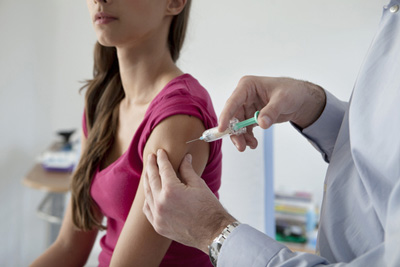Researchers develop first vaccine against toxic shock syndrome
Posted: 13 June 2016 | | No comments yet
Researchers have developed the world’s first safe and effective vaccine against toxic shock syndrome and successfully tested it in a Phase I trial…


Researchers from the Medical University of Vienna, in collaboration with the company Biomedizinische Forschungsgesellschaft mbH, have developed the world’s first safe and effective vaccine against toxic shock syndrome and successfully tested it in a Phase I trial.


Toxic shock syndrome is a severe circulatory and organ failure caused by bacterial toxins, usually triggered by bacteria from the Staphylococcus group. The syndrome was first described in the 1980s when symptoms of sepsis or blood poisoning occurred in young women who had used so-called “super tampons” during their periods. This is why the syndrome was also known as “tampon disease”. This subsequently led to the absorption capacity of tampons being regulated.
Vaccine developed from a detoxified Staphylococcus toxin
Staphylococci colonise nearly all of us, especially on our skin and mucous membranes. They are totally harmless to most people. “However, for people with weakened immune systems, they can cause serious diseases such as toxic shocks syndrome,” explains Martha Eibl, director of Biomedizinische Forschungsgesellscaft mbH. This affects dialysis patients, the chronically sick, people with liver diseases and people recovering after heart operations. “Nevertheless, in 50% of cases the disease is associated with menstruation in young women,” says Bernd Jilma from MedUni Vienna’s Department of Clinical Pharmacology.
The vaccine, which has now been found to be safe and effective in a clinical Phase I trial, and has been tested on 46 young men and women, was developed from a detoxified Staphylococcus toxin.
“We are well on the way to having a vaccine that prevents this series disease. However, it will still take some years before it is in clinical use,” explains Eibl.
A Phase II trial with a larger test population has now started, in order to check the initial, promising results. “We are still looking for more volunteers,” says Jilma.



